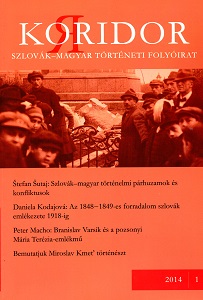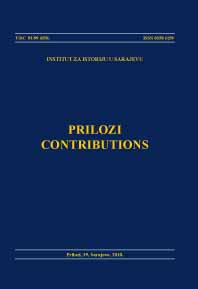
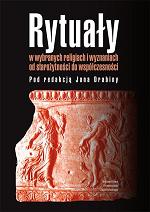
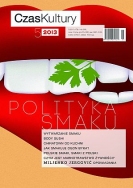
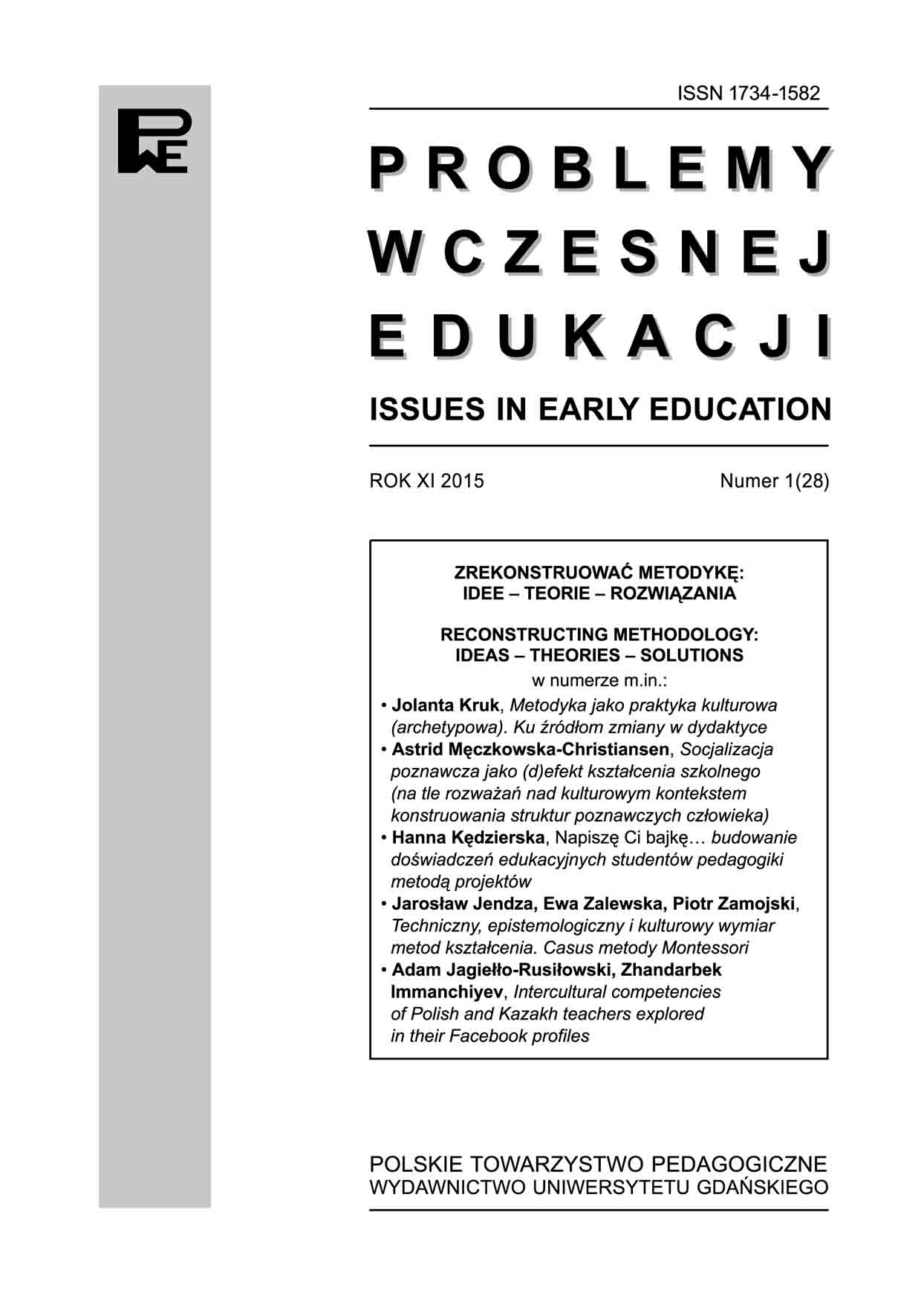
Keywords: reflective practice; professional development; activity; cognitive development; educational toys
Being a refl ective practitioner is a task for a teacher and a tool for his real professional development. This article presents a teacher’s refl ection before action, focused on the goal of education, a refl ection in action, where the teacher is an observer, tutor and diagnostician, and a refl ection after action, where I analyzed children’s activity in classes with educational toys. For the teacher’s work I have described the possibility of diagnosing students cognitive development based on their social role; how do they build strategies of logical thinking; what is wrong with preschool education; and how to engage students in classes. This text is a result of taking a part in the project Laboratorium Wczesnej Edukacji.
More...
Keywords: didactics; teaching methodology; cultural practice; teaching practice; learning environment
This article is an introduction to the discussion on the essence of teaching methodology and the changes in its forms in contemporary culture. Two approaches to methodology are proposed: as a socially collective praxis, often unconsciously drawing on cultural practices, and as a so-called expert methodology – a collection of patterns of proper execution, which are a manifestation of the power/knowledge relation in the fi eld of education. Psychology and cognitive science reports confi rm that expert methodology is now losing its theoretical justifi cation. The adoption of the concept of cultural (archetypal) methodology gives a chance of a deeper change in the practice of education, whose avant-garde are the concepts of the “reversed class” and of learning as a “dispersed” study, which consists of: equipment, material environment, and network interactions.
More...
Keywords: intercultural competences; Facebook; digital ethnography; teacher training; e-portolio
The aim of the study was to analyze Facebook profi les of teachers in Poland and Kazakhstan as the virtual educational space where intercultural competencies are manifested and further developed. The rationale for intercultural learning was derived from the pedagogies of Abay and Korczak while the list of attitudes, skills and knowledge to be observed was adapted from Deardorff’s (2009) model. Digital ethnographic research approach was used for capturing teachers’ behavior and artifacts in the fi eld site. Teachers collaboration on a divergent problem and focus discussion afterwards provided further narrative material of refl ective nature. The results suggest that Facebook profi les show ample evidence of competent intercultural behavior; they could be considered as e-portfolios and further researched for development of proper educational and validation tools for teacher training involving global networks.
More...
W poszukiwaniu „straconych” autorytetów. Recenzja książki Inspiracje pedagogią freinetowską. Tom I: Studia, źródła, wspomnienia dedykowane Halinie Semenowicz, pod red. Aleksandry Semenowicz, Hanny Solarczyk, Agaty Szwech, Wydawnictwo Naukowe Uniwersytetu Mikołaja Kopernika, Toruń 2014 In search of the „lost” authorities. A review of the book Inspirations of Freinet’s pedagogy. Volume I: Studies, sources, memories dedicated to Halina Semenowicz edited by Aleksandra Semenowicz, Hanna Solarczyk, Agata Szwech, Wydawnictwo Naukowe Uniwersytetu Mikołaja Kopernika, Toruń 2014
More...
Keywords: multi-tasking; technoholism; e-textbook; cognitive orientation; dyslexia
We are witnessing today a phenomenon that might be metaphorically called an explosion of digital technology. The computer and multi-function mobile telephones accompany young people incessantly. A lot of them hardly remember the world free of this kind of implements. G. Small, and G. Vorgan [2011] call today’s generation of teenagers “Digital Natives” who acquire knowledge on the Internet, and read no paper-printed information which is seen by them as too antiquated. According to these authors, “Digital immigrants” are newcomers to the digital world. It is adults who have entered the world of new technologies, and who seem mistrustful and sometimes overcome by a sort of “techno-phobia”. The diffi culty of successful communication today between adults and children, teachers and pupils, has been made even more serious by the arrival of new technologies. MEN / The Polish Ministry of National Education / have – in their attempt to meet pupils’ expectations, and thus make the school a more attractive and modern institution – started work on an e-textbook. My interests in that area have been particularly aroused by the situation of those pupils who have been diagnosed with dyslectic problems. Will the proposed didactic solutions allow for alleviating such problems or, possibly, will they aggravate the situation? In the context of an animated discussion about the project of an e-textbook, I intend to concentrate upon the situation of pupils who experience considerable diffi culties in the process of learning at school.
More...
Keywords: action research; the Maria Montessori method; individual work with the student
In this text I present, from the perspective of an external observer, research which shows, how using the Maria Montessori method helps teachers to work with children individually. The research method, which is action research, makes it possible to observe how the researcher-teacher involves children in all activities and enhances their self-esteem. At the same time the teacher`s engagement, independence and creativity become active while using the Maria Montessori method. I also present diffi culties, which could happen, when the Maria Montessori method is used in the traditional kindergarten.
More...
Keywords: teacher education; project-based learning; documentary method
Project-based learning (PBL) witnesses ever more interest on the part of teachers at all levels of education. Unfortunately, the growing popularity of this method is only occasionally accompanied by in-depth and critical refl ection. Available literature devoted to this topic generally lacks critical publications that would inspire deliberation over of the conditions necessary to apply project-based learning into the educational process. The number of texts in which the authors move beyond the level of description concerning the implemented project and revise their educational practices is even smaller. In this paper I critically review my own educational activities in which project-based learning was a dominating method. When analyzing transcripts of students’ discussions during the evaluation stage of the project, I uncover stores of knowledge of teachers-to-be (communicative and conjunctive patterns) that govern their activities in order to eventually answer the questions as to the conditions in which project-based learning might be applied in the educational process of prospective teachers.
More...
Sprawozdanie z Ogólnopolskiej Konferencji Naukowo-Metodycznej „Współczesne problemy kształcenia. Idee – teorie – metodyki”. Elbląska Uczelnia Humanistyczno-Ekonomiczna, 20 maja 2014 r A report of the National Scientifi c and Methodological Conference “Contemporary problems of education. Ideas-theories-methodologies”. Elbląska Uczelnia Humanistyczno-Ekonomiczna, 20th May 2014
More...
Keywords: method; technique; epistemology; culture; prepared environment; Montessori
This article concerns three fundamental dimensions of all educational methods: technical, epistemological, and cultural. We perceive them as equally important in the process of (re)creating and using any educational method. It seems to us that the technical dimension is quite often the only one or at least the most essential one in the area of Polish educational practices, and sometimes also in the theory of education. This situation is, however, undesirable since it may lead to the decontextualisation of the methods, and – as a consequence – limit their educational potential. Referring to the Montessori approach and more specifi cally to one of the most signifi cant concepts within the method – namely to the idea of „prepared environment” in which three aspects can be distinguished: material, structural – dynamic, and personal, we describe the roles that they play in the procedures of constructing teaching methods showing their integral character.
More...
Keywords: -
-
More...
Keywords: reflexivity; the model of developing reflexivity; reflexive teacher
Model rozwijania refl eksyjności u (przyszłych) nauczycieli edukacji wczesnoszkolnej – założenia, istota, motywy konstruowania i nadawania mu wymiaru praktycznego A model of developing refl exivity in early school education teachers-to-be – the principles, core, motives for construction, and lending it a practical dimension The aim of the article is to present an original model of developing refl exivity in reference to educational events. The Department of Didactics and Studies in the Culture of Education lends the model a practical dimension in working with early school education teachers-to-be during the Refl exive Teacher Workshops course. The inspiration for creating (and sustaining) the model is a carried out under the direction of prof. Ewa Filipiak, Ph.D and is a research project concerning refl ection in reference to educational events taken up by early school education teachers. The article indicates three concepts: (1) critical events in teaching by D. Tripp, (2) the refl exive practitioner by D.A. Schön and (3) mindfulness and mindlessness by E.J. Langer, all of which constitute a theoretical background for the model. The paper also presents an adopted understanding of refl exivity and refl ection. Moreover, the paper considers the motives for using the model while working with teachers-to-be. Therefore, it discusses the value of being and becoming a refl exive teacher, as well as characteristic features of a refl exive practitioner and their signifi cance for working with students.
More...
Keywords: museum education; educator; history of museum education; new museology; critical museum; participatory museum
Museum Pedagogy. Aims, idea, perspective of development and application of theory into practice based on a ‘museum lesson’ in a selected Polish historical museum Museum education is a subdiscipline of Pedagogy which has been changing rapidly during the current century. The beginning of such education was inevitably related to the origin of the museum. The richest royal men as kings, princes and priests set up their own individual collections which were displayed only to chosen people. The fi rst museums are claimed to have existed during the Italian Renaissance, for instance Pope Sixtus IV hired Michaelangelo Buonarrotti to create a special place for ancient collections. During the French Revolution it was believed that art had got an unique ability to rehabilitate those members of society who suffered from alcoholism and other kinds of pathology. The Louvre was opened to the public in 1793 and, since that time, art collections have started to be organised in special exhibition form. At the end of the 19th century two German art historians and educationists Alfred Lichtwark and Georg Kerchensteiner started to form a special educational programme for children and young people, concerning the museum collection. In the history of Pedagogy they are claimed to be the forerunners of museum education which has been developing into one of the most infl uential and potential kinds of cultural education in the 21st century. Among history studies, I would like to present museum education in the context of one selected Polish historical museum and then analyze and interpret the ‘museum lesson’ in comparison with contemporary movements in museology and critical, progressive pedagogy.
More...
Keywords: cognitive socialization; development of cognitive structures; education; culture; cognitive tools
Issues taken in the presented article refer to the relationship bet ween culture, the development of human cognitive structures, and school education. Starting from the theses presented within the discourse of contemporary cultural psychology I analyse the role of culture in the development of human cognitive abilities, where further references to the concept of cognitive socialization are made. Finally I make an attempt to point out the principles of effective cognitive socialization in the area of formal education which provides the basis for a sketchy evaluation of the impact of contemporary education on the effects of the cognitive socialization process.
More...
Keywords: pedagogical competence; developmental change; developmental support; becoming a teacher
Teachers’ work is subjected to constant evaluation by students, parents, other teachers, and society. High demands in the face of changing socio-cultural, educational reality require from teachers the continuous improvement of pedagogical competences. The article raises the question of teachers’ competences acquired by the students of early school education during three years of studies. The scope and type of those competences determine pupils’ developmental change. On the basis of surveys and interviews conducted on 50 students it is possible to formulate numerous conclusions. The most important one indicates that students are comprehensively prepared and gain pedagogical knowledge that allows them to treat pupils subjectively, encourage them to take part in discussions, and organize activities with appropriate methods and forms. Other areas of responsibility may be developed and improved in the course of work.
More...